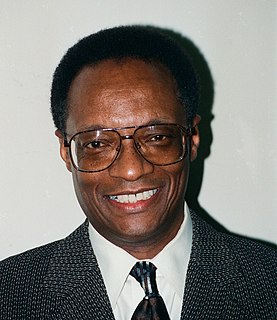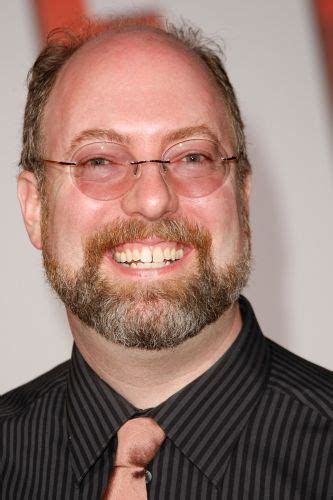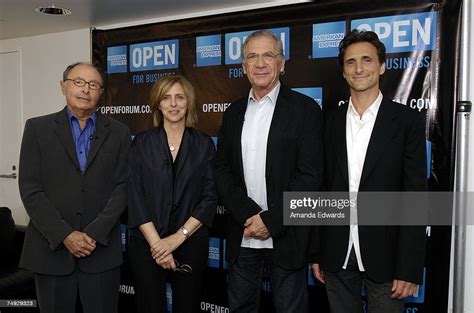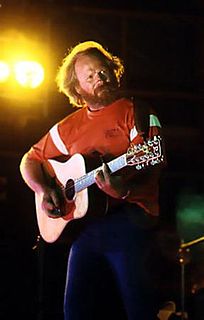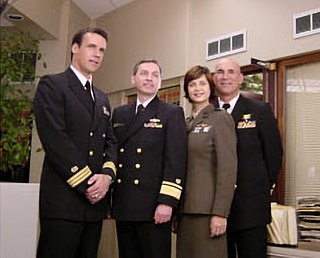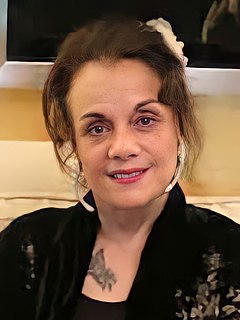A Quote by Errol Morris
Maybe today I would call Fred Leuchter and there would be two or three other documentary filmmakers interested in his story simply because of the exposure.
Related Quotes
I remember on page one of The New York Times the article about Fred Leuchter. The heading was "Can Capital Punishment Be Humane" and it was the story about an electric chair repairman and execution machine designer. And then buried in the back of the paper was the fact that Fred Leuchter had also been involved in holocaust denial.
They don't encourage quality today. When I was coming along, Columbia Records would sit with you and assume it would take two or three albums to get the act where it needed to be. Then the company would structure its promotion based on one, two or three years. They encouraged quality and innovation - that's why groups like the Beatles would use sitars, string orchestras and so forth.
Writing two stories [in the Thorn and the Blossom] about the same set of events that were complete stories in themselves, but also added up to a larger story. As I was writing them, I kept going back and forth, because something would happen in one story that would have to be reflected in the other story. And yet the same event would also have to be perceived in different ways by Brendan and Evelyn, because they are different people with their own interpretations.
There are certain things that we take for granted that simply would not have existed without the great migration. Motown, for example, would not have existed - it simply would not, because Berry Gordy, the founder of it, his parents had migrated from Georgia to Detroit where he founded Motown, and where did he get his talent?
All day long this man would toil thus, his whole being centered upon the purpose of making twenty-three instead of twenty-two and a half cents an hour; and then his product would be reckoned up by the census taker, and jubilant captains of industry would boast of it in their banquet halls, telling how our workers are nearly twice as efficient as those of any other country. If we are the greatest nation the sun ever shone upon, it would seem to be mainly because we have been able to goad our wage-earners to this pitch of frenzy.
It's difficult to make movies. For me it was easier, as a refugee in Switzerland, to make documentary films, because I didn't need a lot of money for it. The way I tell my story or my opinion would be very similar in both fiction and documentary forms. But I found I could speak more effectively to convey this brutal reality through documentary than I could through fiction.
I was asked the other day if I would be interested in the Nobel Prize, but I think that for me it would be an absolute catastrophe. I would certainly be interested in deserving it, but to
receive it would be terrible. It would just complicate even more the problems of fame. The only thing I really regret in life is not having a daughter.
Maybe they would look at each other and feel some odd yearning, but neither of them would know why. They would want to stop, but they would be embarrassed, and neither would know what to say. They would go their separate ways. Who knew? Maybe that happened every day to people who'd once loved each other.
As a teenager in Brooklyn Quentin had often imagined himself engaged in martial heroics, but after this he knew, as a cold immutable fact, that he would do anything necessary, sacrificing whatever or whomever he had to, to avoid risking exposure to physical violence. Shame never came into it. He embraced his new identity as a coward. He would run in the other direction. He would lie down and cry and put his arms over his head or play dead. It didn't matter what he had to do, he would do it and be glad.

